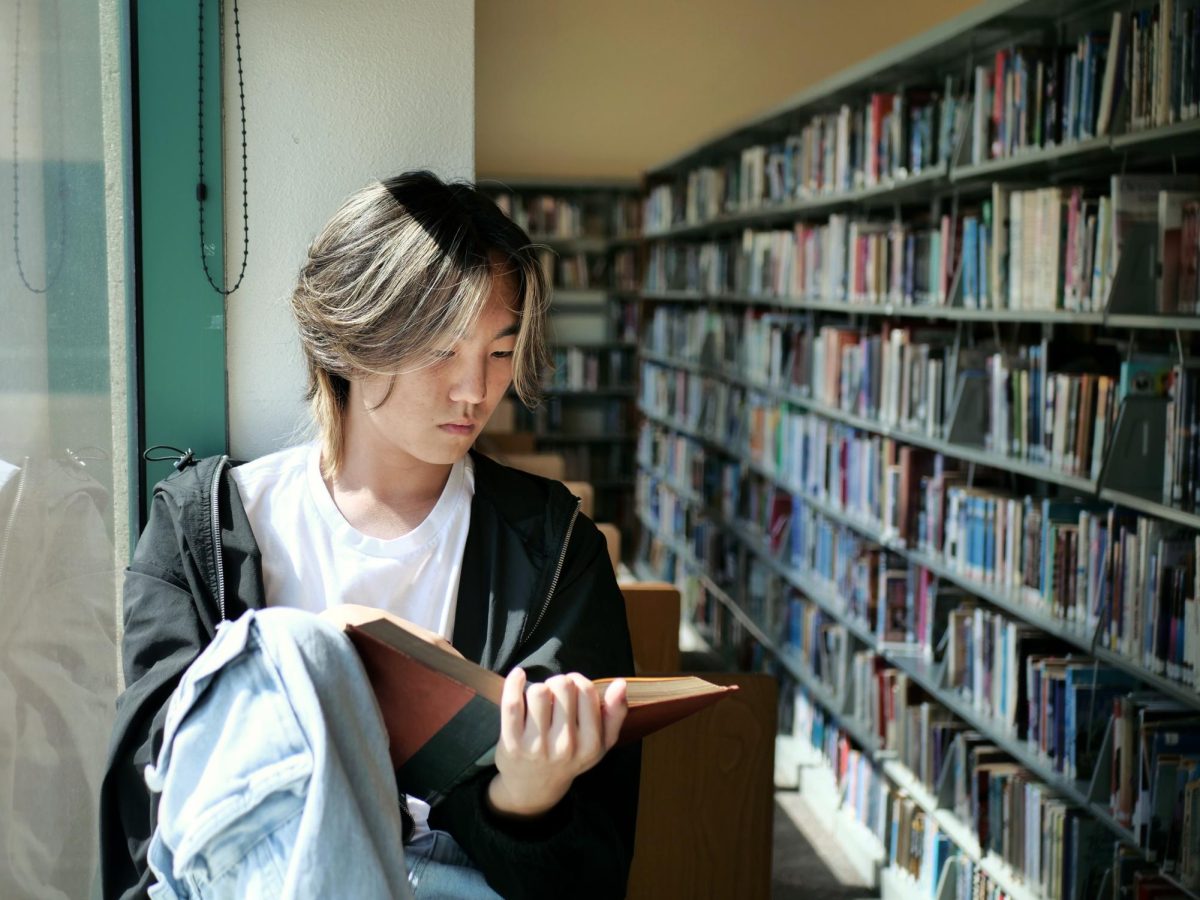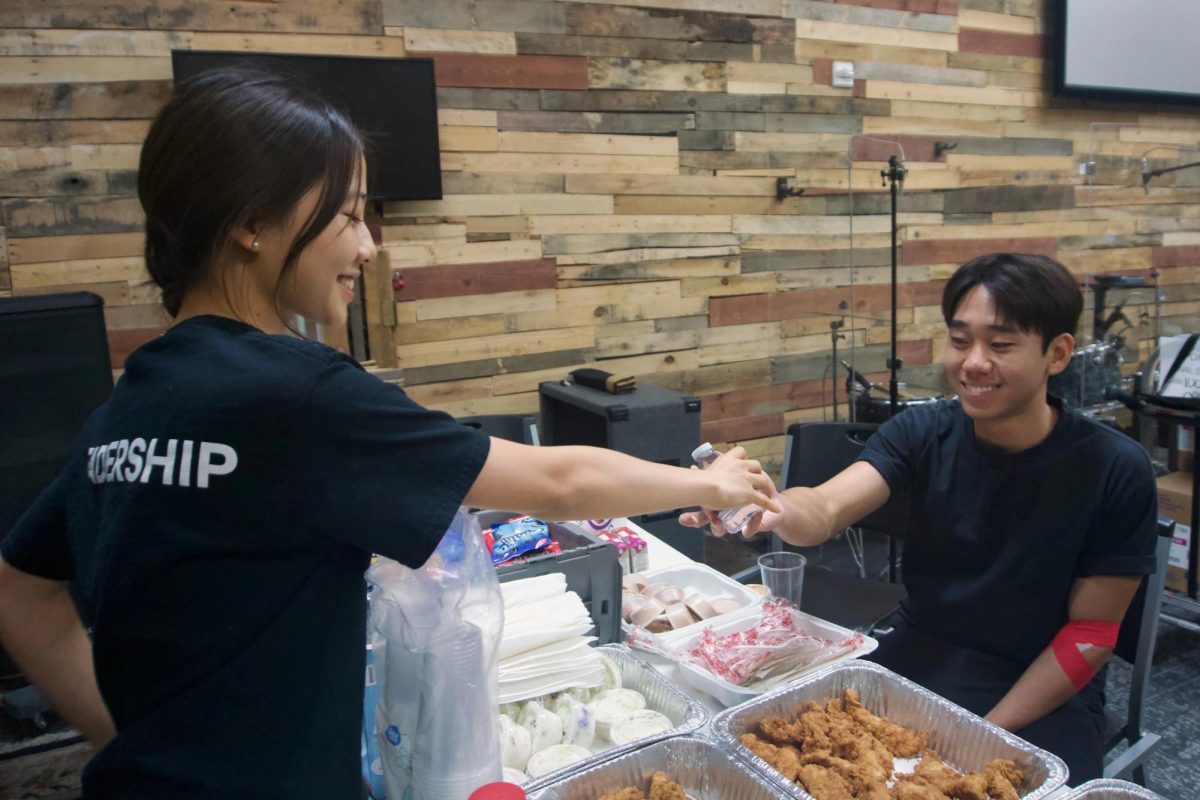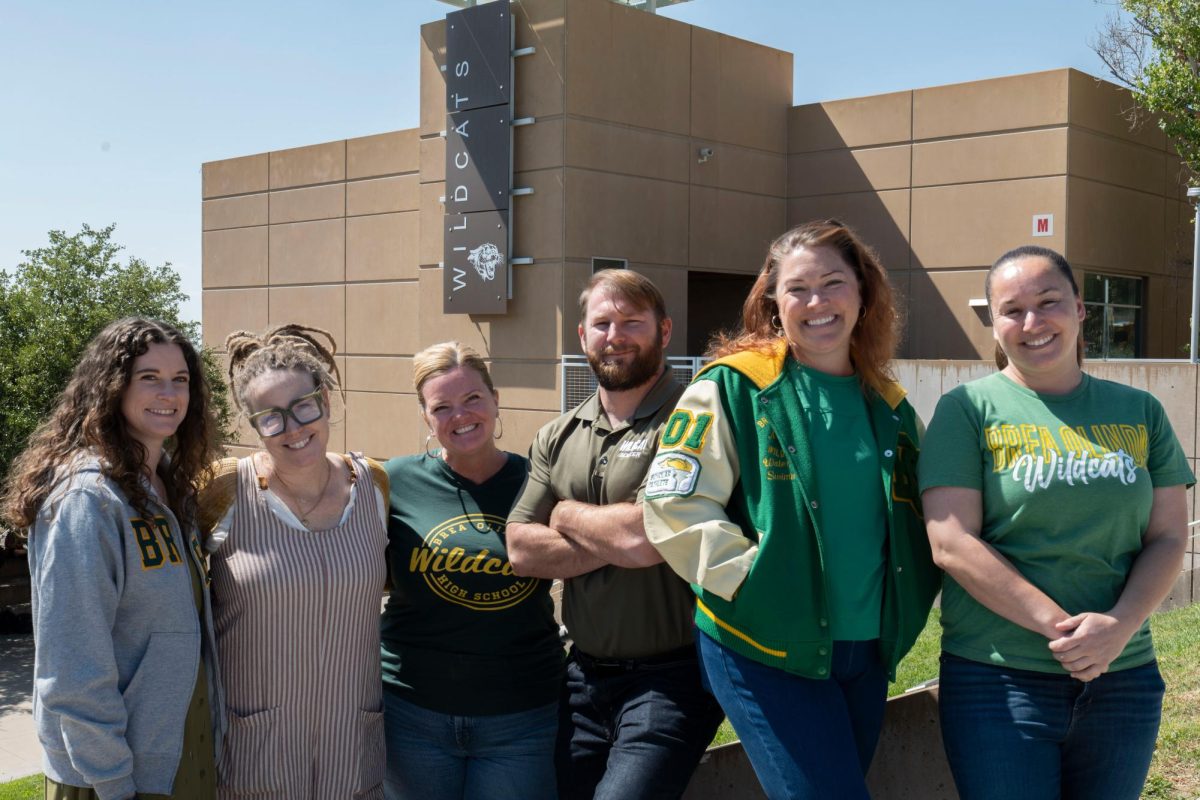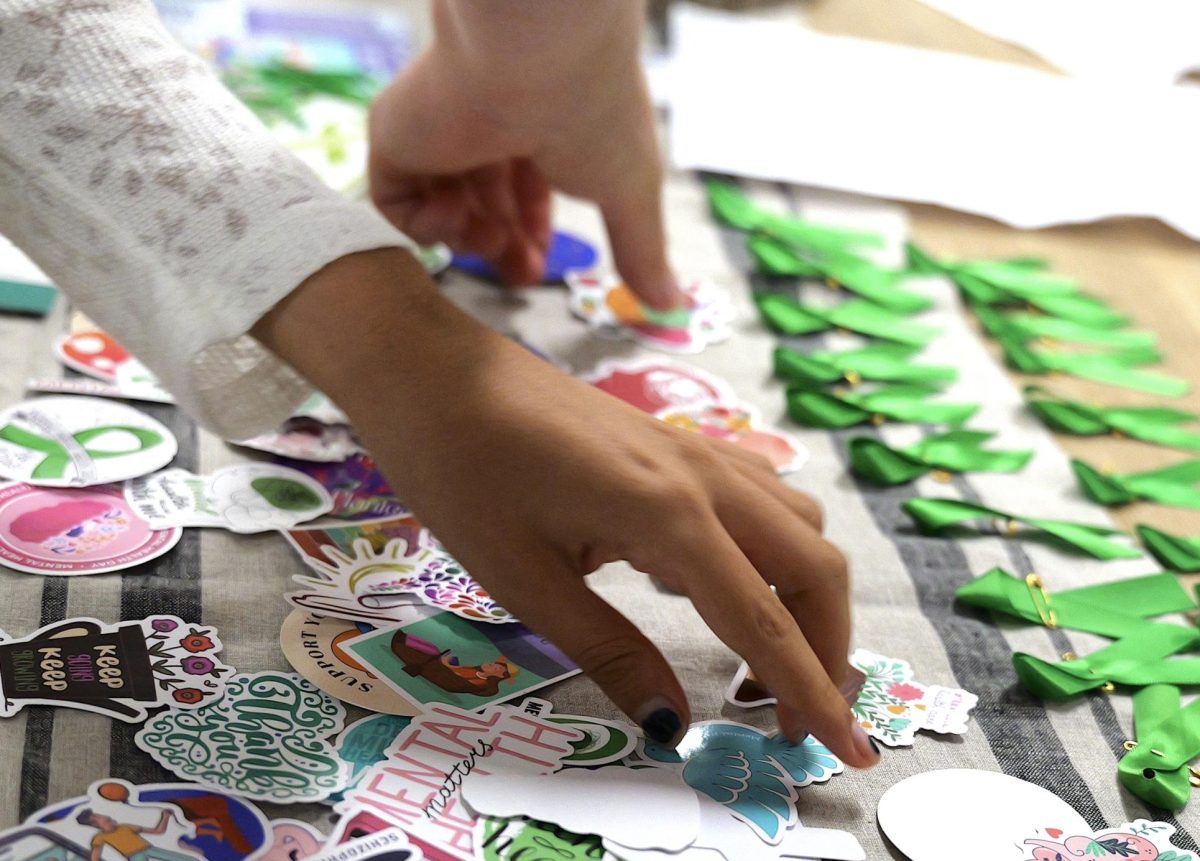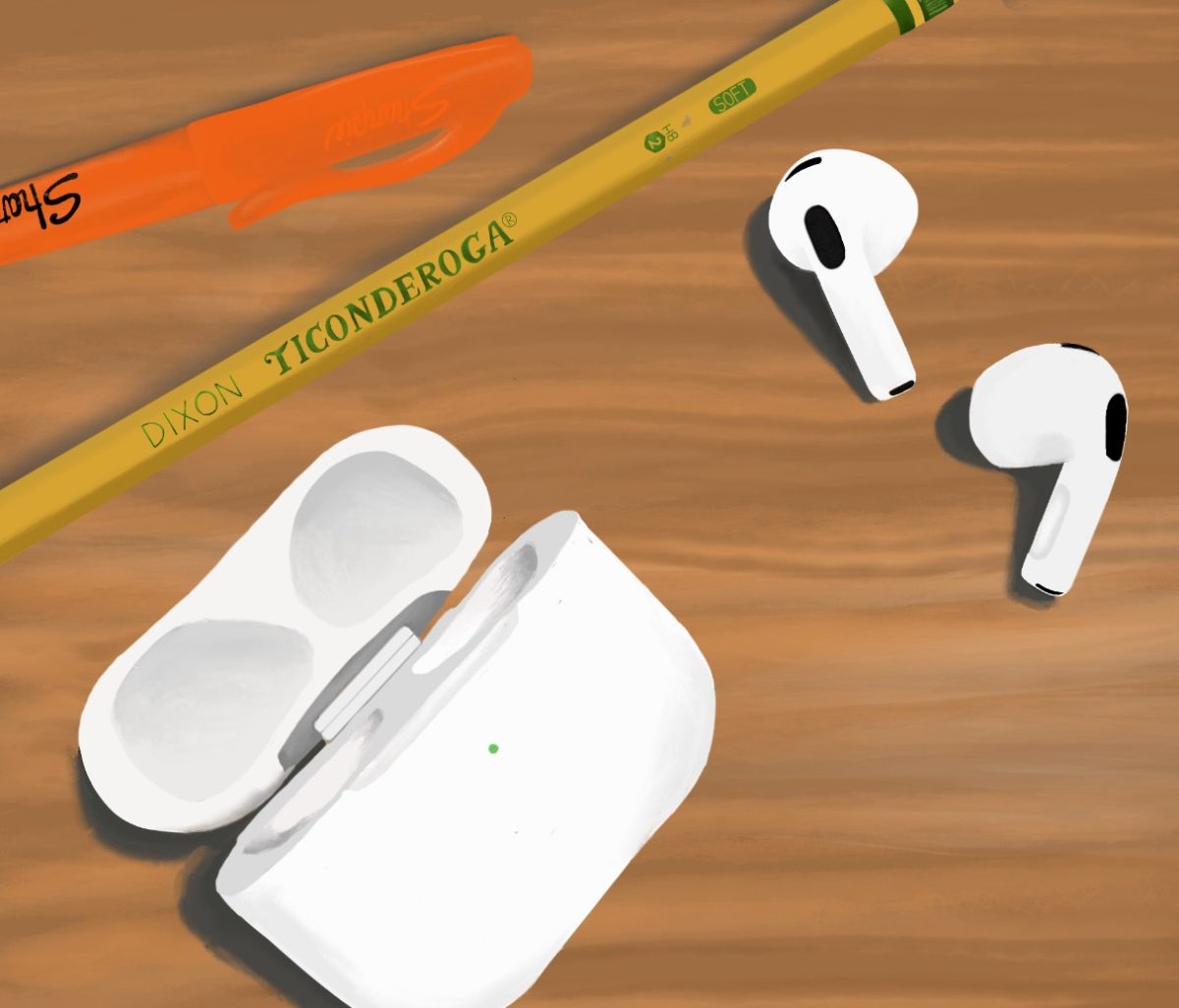For National Merit Semifinalist Dominic Lee (’25), success can be measured by more than just test scores, but by human connections as well.
On Sept. 11, Lee was notified by College Board that he is a member of a distinguished group of students — those who scored in the top 1% on the Preliminary Scholastic Aptitude Test/National Merit Scholarship Qualifying Test (PSAT/NMSQT).
The test, administered in October or November each year, identifies high-achieving students based on their PSAT scores. Out of the 1.3 million students who took the test as juniors in fall 2023, Lee scored a 1480, placing him in the 99th percentile in California, and among 16,000 semifinalists in the nation.
Learning of the accomplishment was “a welcome surprise” to Lee, who “primarily took the PSAT to practice for [the] actual SAT the following month.” (The preparation paid off as Lee scored a 1560 on the test.)
But beyond just high test scores and academic recognition, Lee has a reputation amongst his friends for using his knowledge — in subjects ranging from core courses like history, calculus, and physics; to electives like computer science; and even topics like traffic laws — to tutor his peers.
Samantha Kim (‘25), Lee’s APUSH classmate, acknowledged that Lee’s tutoring has made a difference.
“I was struggling to understand a concept in APUSH so I turned to Dominic for help. He opened MS Paint on his laptop and began drawing a diagram to help me visualize the idea. His explanation was clear, making sure I understood each process and how it all worked,” Kim said. “Dominic played a huge part in helping me pass [the class].”
According to Joshua Yun (‘25), Lee has a reputation for being the “big brain” who is always quick to help others at school. But Lee admits that he has not always been the go-to person for help.
Despite having grown up in a household where both parents have occupations in humanitarian fields — Lee’s father is a family defense attorney and his mother is a nonprofit worker at the Regional Center of Orange County — Lee himself “didn’t really interact with others much, preferring to read or do homework.”
But Lee experienced a transformative fifth-grade year in Olinda Elementary School teacher Jill Berrner’s class. Lee said that Berrner was the first teacher he had who “encouraged students to pursue what they were passionate about.”
Gifted and Talented Education (GATE) projects, robotics lessons, and the National History Day competition (Lee’s favorite) in Berrner’s class, coupled with his supportive parents, resulted in an improved version of himself.
When he entered Brea Olinda High School in 2021, Lee decided to be more social, to make more friends, and to assist these friends with their studies.
“My goal was to help anyone who asked, in any subject,” Lee said. “I’m very lucky to have been blessed with the ability to grasp concepts quickly, and I feel it would be selfish not to use this to help others.”
Lee’s knack for learning made him a motivating presence in the classroom.
Lee “was always focused, always ahead of what we were doing, and overall just amazing in physics,” Priyanka Maini, Lee’s former AP physics teacher, said. “He also seemed to be friends with almost everyone in class,” she added.
Lee credits rigorous and time-intensive courses like AP Physics and AP U.S. History (APUSH), for helping him develop the skills necessary to succeed on the PSAT and SAT, and to be knowledgeable enough to support his peers.
“Physics covered topics that I’d never seen before. I had to learn how to use my brain in a completely different way,” Lee said.
While Lee’s success on the PSAT demonstrates his strengths in the tested categories of analytical-based mathematics and language arts, Lee’s ultimate goal is to pursue a career involving his favorite subject: history.
Lee said, “History has been a passion of mine since I was 12, and I’m excited to expand my knowledge of the past.” He hopes of becoming a history professor or returning to BOHS to teach the subject.
As a semifinalist, Lee’s next steps to achieve the National Merit Finalist status include submitting an essay highlighting his achievements, maintaining a strong academic record, and obtaining a recommendation from BOHS faculty — all of which will be used in the determination process for the National Merit Scholarship, which awards $2,500 to 6,870 students.
To Lee, though, academic accolades come second to what he appreciates most: the opportunity to help others.


